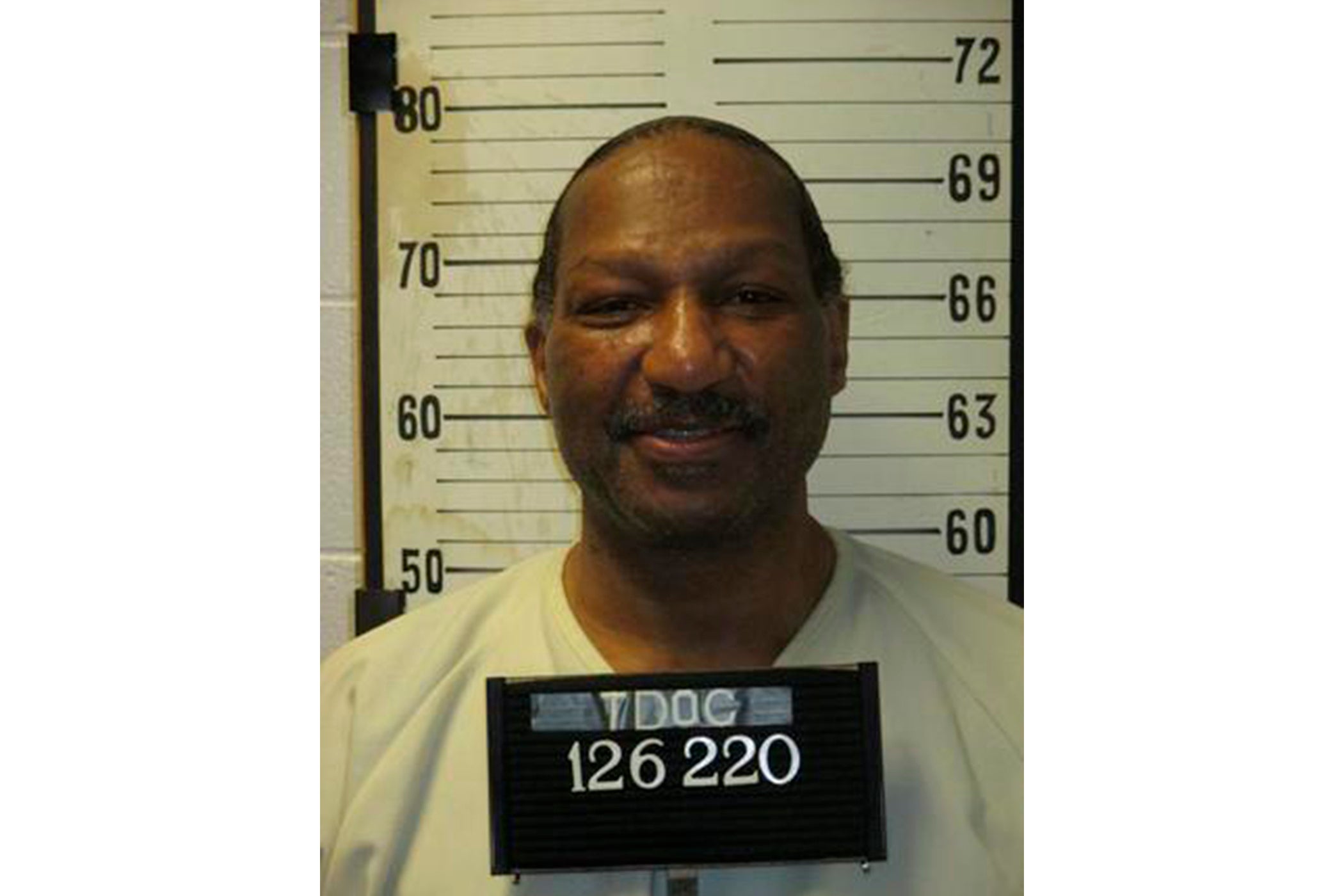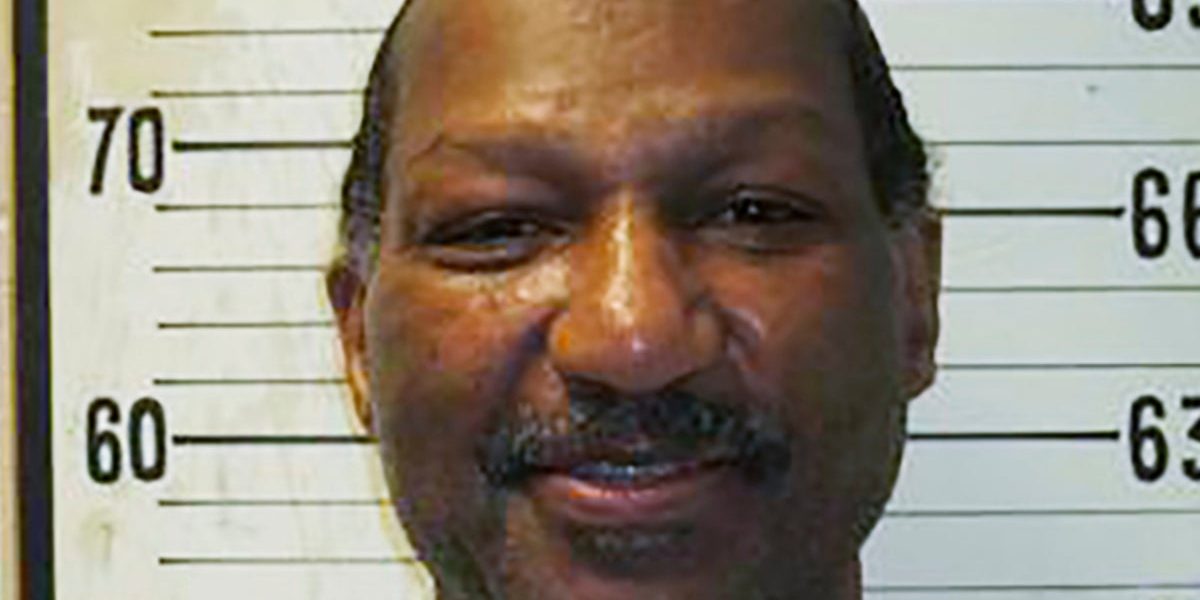An electrocardiogram (ECG) monitoring the heart of a Tennessee inmate executed by lethal injection in August reportedly showed “sustained cardiac activity” for nearly two minutes after Byron Black was officially pronounced dead, his attorney told a judge on Friday.
These startling comments from Kelley Henry emerged during a court hearing. The proceedings are set to determine whether legal representatives for Black, alongside several other current death row inmates, will be granted permission to depose the key personnel responsible for carrying out Tennessee’s executions.
This legal challenge is part of a broader lawsuit initiated in Nashville’s Chancery Court, which directly disputes the state’s latest lethal injection protocol, asserting it violates both federal and state constitutional bans on cruel and unusual punishment.
In the hearing, state Deputy Attorney General Cody Brandon argued that requiring members of the execution team to testify risks exposing their identities, even if their faces are hidden and their voices are disguised.
Instead, he proposed that Tennessee Department of Correction officials could testify. If the inmates’ attorneys designate the appropriate topics, the agency is required to provide witnesses with knowledge of those topics, he said.
Henry, who leads a group of federal public defenders representing indigent death row inmates in Middle Tennessee, said only the people who were actually there will be able to answer the question of what went wrong during Black’s Aug. 5 execution.
“At one point, the blanket was pulled down to expose the IV,” she told Davidson County Chancery Court Judge Russell Perkins. “Why? Did the IV come out? Is that the reason that Mr. Black exclaimed, ‘It’s hurting so bad’? Is the EKG correct?”
Black was convicted of shooting and killing his girlfriend Angela Clay, 29, and her two daughters, Latoya Clay, 9, and Lakeisha Clay, 6, in 1988.

Henry also noted an issue during the May 22 execution of Oscar Smith. Attorneys don’t know what Smith’s cardiac activity looked like because there was no paper was loaded into the EKG machine.
“Since we filed this lawsuit, there have been two executions that have not gone to plan,” she said. “They are batting a thousand with regard to not following the protocol.”
Brandon interjected that Tennessee’s lethal injection protocol doesn’t specifically say paper should be loaded into the EKG machine.
Perkins told the attorneys he will take their arguments under advisement and rule later.

Smith was convicted of fatally stabbing and shooting Judith Smith, 13-year-old Jason Burnett and 16-year-old Chad Burnett in 1989.
Smith had earlier come within minutes of execution before a surprise reprieve from Republican Gov. Bill Lee in April 2022. It later turned out the lethal drugs for that planned execution had not been properly tested. A yearlong investigation revealed numerous other problems with Tennessee executions that led to the new lethal injection protocol put in place last December.
The lawsuit filed in March claims the corrections department failed to make the changes to its protocol that were recommended by the governor and an independent investigator. Rather, the lawsuit claims, department officials wrote a new protocol with fewer specifics, making it hard to hold them accountable. A trial in the case is currently set for April.





